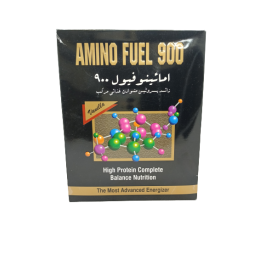Your cart is currently empty!
20CC SYRING
₨ 40
20CC SYRING: This refers to a 20cc (20ml) syringe, commonly used for medical purposes such as administering medications or drawing blood. It?s a standard tool in medical and laboratory settings.
1 in stock
Description
Description:The 20 cc (20 milliliter) syringe is a medium-sized syringe used for a range of medical and laboratory applications. It allows for the precise measurement and delivery of larger volumes of liquids compared to smaller syringes. Its design typically includes a plunger mechanism for controlling the flow and a graduated barrel for accurate measurement.
Uses
Medication Administration: Used to administer larger doses of liquid medications, such as intravenous drugs or oral solutions.
Blood Draws: Commonly used in phlebotomy for drawing blood samples, especially when a larger volume is required.
Fluid Aspiration: Can be used to aspirate fluids from the body, such as during wound care or to remove excess fluid from body cavities.
Injections: Suitable for administering medications via intramuscular or subcutaneous injections, particularly when larger volumes are needed.
Laboratory Procedures: Used for transferring or measuring larger volumes of liquids in research and laboratory settings.
Advantages
Capacity: Accommodates larger volumes, making it suitable for various medical and laboratory applications.
Accuracy: Provides precise measurement and delivery of fluids, essential for accurate dosing and procedures.
Versatility: Can be used for a range of tasks, including medication administration, blood draws, and fluid aspiration.
Clear Calibration: Typically features clear and easy-to-read markings for accurate volume measurement.
Ease of Use: Simple design with a plunger mechanism for controlled fluid delivery.
Disadvantages
Size Limitation: Larger size may be less suitable for applications requiring very small or precise doses.
Single Use: Usually intended for single-use to prevent contamination, contributing to medical waste.
Needle Not Included: Does not come with a needle, which must be purchased and attached separately.
Handling and Storage: Larger syringes can be more cumbersome to handle and store compared to smaller syringes.
Risk of Errors: Larger volumes may increase the risk of errors in measurement and administration if not used correctly.
Precautions
Sterility: Ensure the syringe is sterile before use to prevent infections. Single-use syringes should not be reused.
Proper Handling: Handle carefully to avoid needle-stick injuries or contamination.
Accurate Measurement: Verify measurements to ensure correct dosage and avoid potential errors, especially in critical medical applications.
Needle Compatibility: Use an appropriate needle size and type for the intended procedure to ensure effectiveness and safety.
Disposal: Dispose of used syringes in a designated sharps container to prevent injury and environmental contamination.
The 20 cc syringe is a critical tool in both clinical and laboratory settings, offering the capacity and precision needed for a variety of applications.




